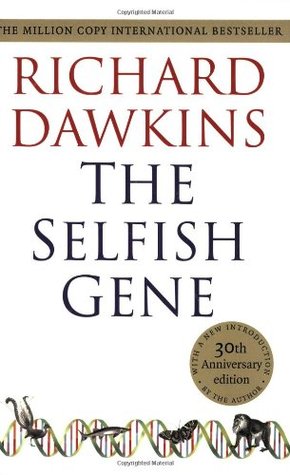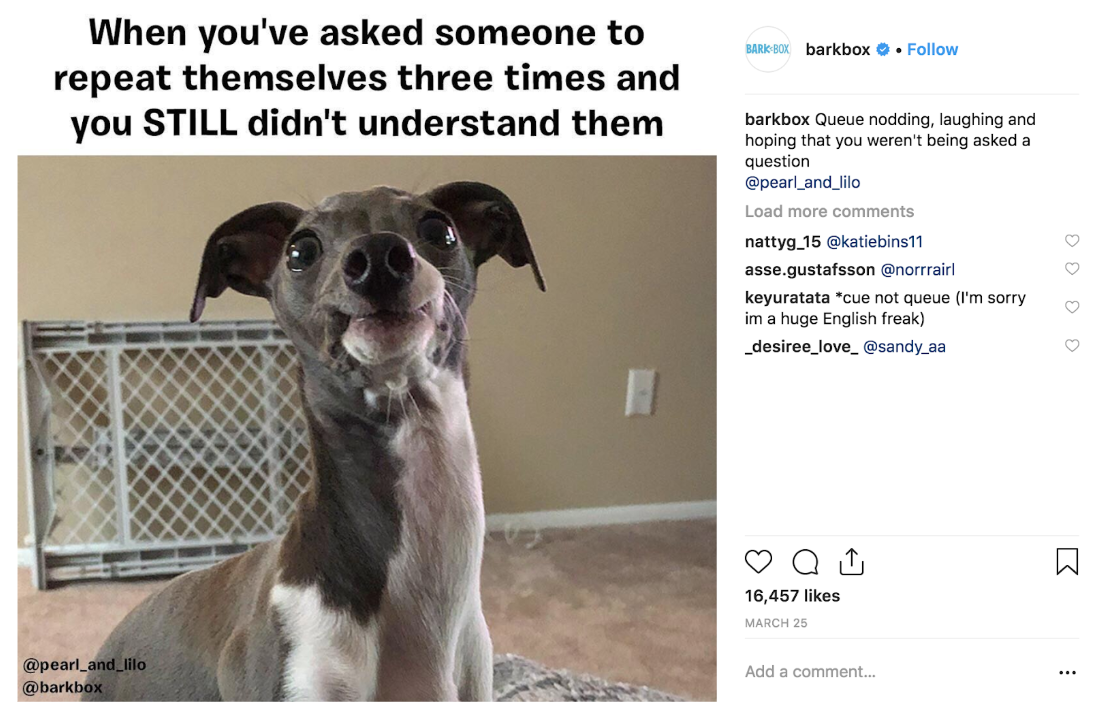New memes are created daily from images that have been copied or modified, seemingly appearing just as fast as they disappear. What was once drawings on buildings or sidewalks has evolved to become an internet sensation and a 21st-century cultural phenomenon. But what’s actually in a meme?

Richard Dawkins’ Book, The Selfish Gene
We see memes in everyday life on social media, whether it be scrolling through Facebook, Twitter, Instagram or Reddit. Some may be asking, what’s the importance of memes? Why should we care about them? To answer this question, we must first define what a meme is.By definition, a meme can be an activity, phrase, concept or media that spreads online from person to person, and though they haven’t been around since the stone-age, they are something that did precede the internet. What we know as internet memes is a product of the 21st century, but in 1978, a man named Richard Dawkins used the word ‘meme’ in his book The Selfish Gene to describe the way cultural information spreads. Because there wasn’t the digital medium to share these ideas with, ‘memes’ were transferred through word of mouth, with a situational example of someone punctuating bad news with the first four notes from Beethoven’s Fifth Symphony. This joke (or meme) wasn’t sensationalized or viral from the internet, but rather passed from person to person. This said, today’s ‘memes’ are seen primarily via different social networks.
Keeping in mind that, though nearly everything can be considered a meme, there is a certain ‘formula’ to having them work – meaning that you can’t simply toss some text on any meme and have it be funny. In order for it to “work”, the text needs to be relevant to the tone of the meme and appropriately timed. In fact, this formula is so specific, the study of memetics has been created in an effort to further understand memes. With millennials spending an average of 200 minutes per day online, there’s a good chance that the majority of that time is spent liking and sharing memes.
Whether you’re an average internet user or a business professional, knowing how to create a meme is important, as too often we see Social Media accounts using memes and failing because the message is irrelevant to the image, or it’s simply poorly timed.
In general, there are three rules that one must follow give your meme the best shot at success in the critical world of social media.
-
- Memes often have a short life-span, so appropriate timing is essential.
- Make sure memes are used correctly and in the right context.
- Don’t try too hard to promote.
Keeping these things to remember, below are images showing meme published by different companies.
#1 BarkBox

Dog-product subscription service Barkbox created this meme, using it correctly in the way that the usual “when you _____” meme is seen. It’s also on brand featuring the dog photo, without being overly promotional of their products.
#2 Whataburger

This attempt at creating a meme had mixed reviews because the meme was not used correctly, confusing audiences as the company likely didn’t know the context of the original meme. What is known as “Confession Bear” usually depicts text displaying somewhat unusual confessions.
#3 Roman Originals

This attempt at a meme created by the makers of The Dress, Roman Originals, and was wildly successful. The company timed this extremely well, playing into The Dress debate that split the internet into two sides. It was successful because it wasn’t overly promotional and it was relevant to what was trending at the time.
#4 Honda

This meme (still considered a meme, even though it’s in print) was successful in the sense that it wasn’t directly promoting the product and was relevant to memes at the time (2015), but missed the mark in appealing to their target audience. At the time of this meme, audiences who were drawn to the meme appeal in this likely wouldn’t be old enough to own or drive a car.
#5 Jimmy John’s

This was another example of a successful meme, playing on the humor of the “You vs. the guy she tells you not to worry about” memes, while still featuring the product.
Overall, memes have the ability to capture attention of large audiences, ultimately increasing engagement and shareability of content. Being a full-service agency, we’re well acquainted with the digital world, so we know engagement = memorability, a key goal of many digital (and non-digital!) campaigns. Though they require research to be used appropriately and correctly, memes can be a perfect addition to a humor-based campaign, and target a specific group of people who understand the context to make a stronger connection with them.